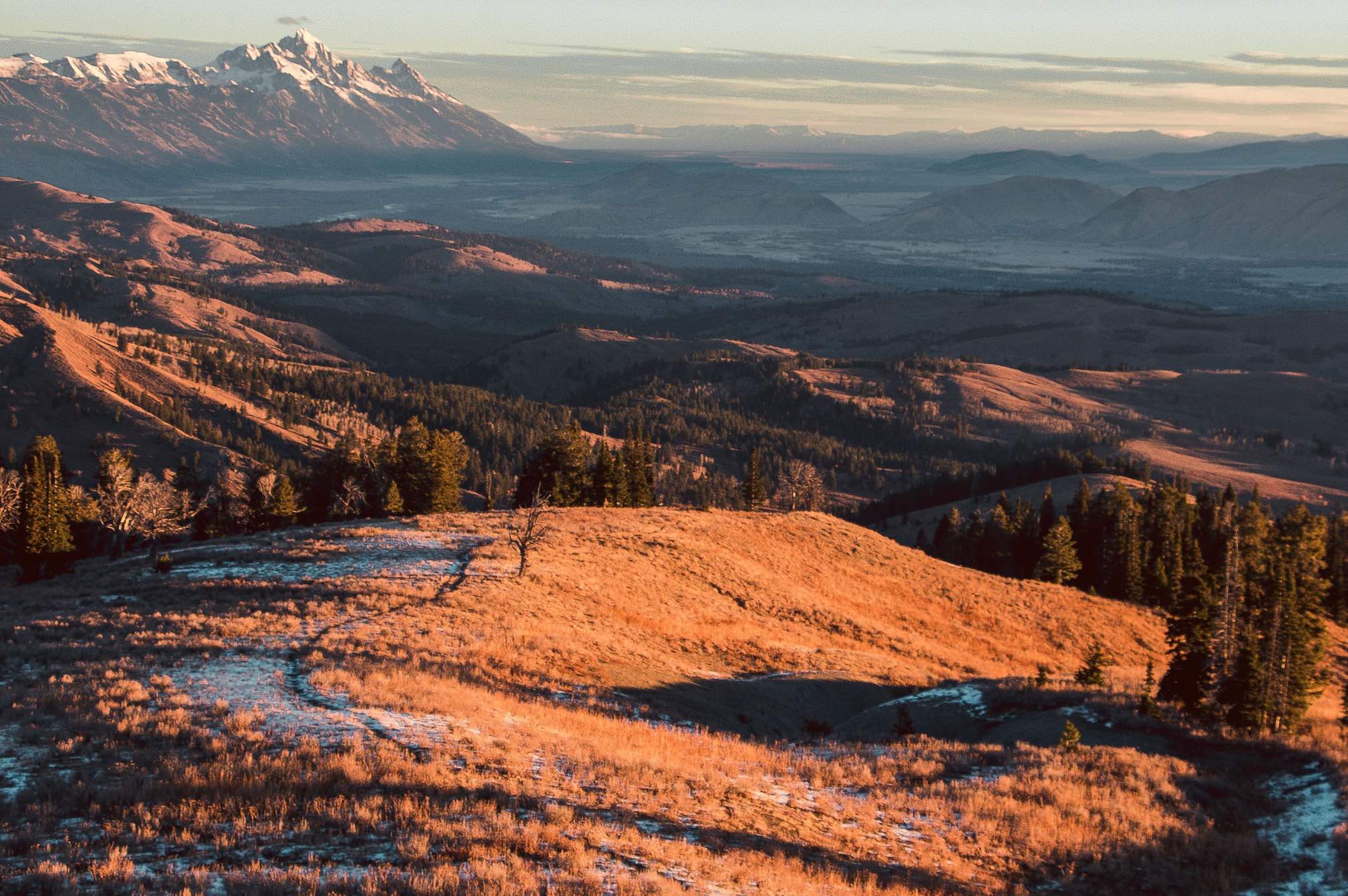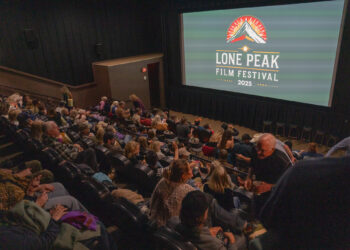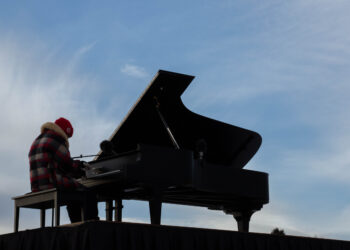
By Todd Wilkinson EBS ENVIRONMENTAL COLUMNIST
I’ve heard it suggested that “the wilderness movement” is dead.
Is it?
I’ve heard some groups with “wilderness” in their names shying away from advocating for as much capital “W” as they can get, arguing instead that they are only interested in going after accomplishments they deem to be “politically practical.”
Conversely, I’ve heard women and men, once young now old, who say the 21st-century cause of conservation doesn’t have the stomach nor the heart or chutzpah—as it used to—for doing what it takes to inspire the masses, demanding elected officials protect as much remaining roadless country as possible while so much slips away.
And while I’ve interviewed some who insist talk of wilderness preservation is passé, and that the focus of public lands ought to be maximizing as much use—be it for mining, energy development, logging and outdoor recreation as they can hold—there are young wilderness stalwarts who think differently. They are teaching their generations that protecting special places is a virtuous endeavor, even if it means they can’t do everything they want inside of them.
Look no further than the deep red state of Wyoming, and there, today, you’ll find a new emerging crop of young visionaries.
The Wyoming Wilderness Association, which is celebrating its 40th birthday with a rendezvous in Jackson Hole on May 11, is in the midst of a revival. It’s staffed by a quartet of dynamic women—all rambunctious individuals drawn to adventure in the great out of doors, but who are also fierce advocates for citizens and wildlife in the future.
WWA Executive Director Khale Century Reno from Sheridan and her colleagues Heidi Davidson, Shaleas Harrison and Peggie DePasquale—who is based in Jackson Hole—are smart, ecologically literate and charismatic. Having an affinity for rural people, some of them were raised on farms or ranches or in places with ready access to the woods. They kayak, ski, hunt, fish, mountain bike and play hard, but they recognize that where the wild things still are is where a heavy presence of people is not.
They are no different in their altruism from others of the past, who fought the good fight for land protection, wildlife, clean air and water—pushing back against the anthill mentality of we humans—and who left us, as a result of sacrifice, with wild places we are benefitting from in the here and now.
WWA’s notable list of achievements involves a diverse cast of characters who weren’t afraid to speak up, speak out and show that political realities are created by the art of the possible, which often means dismissing things deemed impossible by those with no imagination.
Today, our national parks and forests and wildlife refuges and clean mountain streams and diversity of species would not exist had citizens pandered to what some defined as “politically practical.” Indeed, when the Wyoming Wilderness Act was passed in 1984, protecting 884,000 acres as wilderness in the state, the total was more than politicians and resource extraction industries were willing to consider as acceptable. But advocates made the case.
In fact, former U.S. Rep. and Vice President Dick Cheney, former U.S. Sen. Alan Simpson and the late U.S. Sen. Malcolm Wallop, counted passage of the bill as an important part of their legacy and gift to their constituents that continues to bestow dividends important to the identity and character of many Wyoming communities.
Established wilderness and wilderness study areas, the pieces of landscape that legally were supposed to be maintained by federal agencies in their roadless character, represent some of the best remaining spring, summer and autumn habitat for a range of species, from large mammals to breeding birds that annually migrate thousands of miles.
Some of the wilderness study areas in Greater Yellowstone are wilder than most of the national parks in the West, if based on their wildlife; these WSAs, were they to exist in any Eastern states with less public land, they would be considered natural treasures yet some treat them as expendable.
Wilderness is not a land of no human use; it is a place where humans paradoxically can become reinvigorated by humbly accepting limitations on the magnitude of their impacts and personal ambition. It is about self-restraint, acknowledging that wildlife needs the terrain as its permanent home more than we need it for fun or extracting a merchantable commodity.
Today, the wilderness movement is no more dead than the conservation movement or altruism are. The next generation is stepping up and future generations will one day revere them for it. True legacies are not established by what you take, when you had the chance, but the good things you leave behind. Congratulations Wyoming Wilderness Association.
Todd Wilkinson is founder of Bozeman-based Mountain Journal (mountainjournal.org) devoted to protecting the Greater Yellowstone Ecosystem and is a correspondent for National Geographic. He’s also the author of “Grizzlies of Pilgrim Creek” about famous Jackson Hole grizzly bear 399, which is available at mangelsen.com/grizzly.














